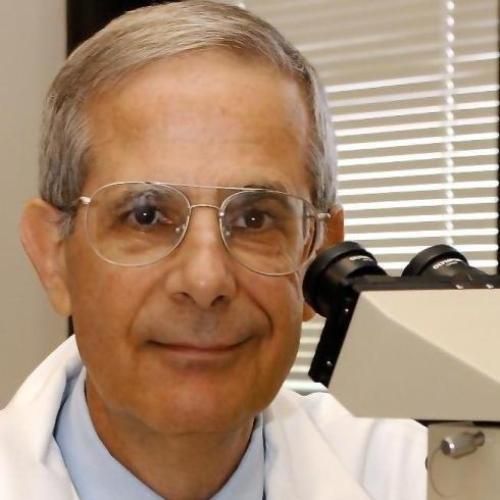
Suppression of prostaglandin E2 by malaria parasite products and antipyretics promotes overproduction of tumor necrosis factor-alpha: association with the pathogenesis of childhood malarial anemia.
Cytokines and effector molecules are important immunoregulatory molecules in human malaria. Tumor necrosis factor (TNF)-alpha limits malaria parasitemia but also promotes pathogenesis at high concentrations, whereas prostaglandin E2 (PGE2) inhibits TNF-alpha production and is reduced in childhood malaria, at least in part, through suppression of cyclooxygenase (COX)-2 following the ingestion of Plasmodium falciparum hemozoin (pfHz; malarial pigment) by peripheral blood mononuclear cells (PBMCs). Although molecular interactions between TNF-alpha and PGE2 are largely unexplored in human malaria, results presented here show that pfHz-induced suppression of PBMC COX-2 gene products induces overproduction of TNF-alpha. Moreover, addition of exogenous PGE2 to pfHz-treated PBMCs dose-dependently decreased TNF-alpha production, whereas experimental COX inhibitors and antipyretics used during human malaria generated increased TNF-alpha production. Healthy, malaria-exposed children had elevated levels of circulating bicyclo-PGE2/TNF-alpha, compared with children with malarial anemia (P<.01), with systemic bicyclo-PGE2 and TNF-alpha significantly associated with hemoglobin concentrations (r=0.745; P<.01). The results of the present study illustrate that pfHz-induced suppression of PGE2 promotes overproduction of TNF-alpha, which is associated with enhanced malarial anemia.
Duke Scholars
Published In
DOI
ISSN
Publication Date
Volume
Issue
Start / End Page
Location
Related Subject Headings
- Tumor Necrosis Factor-alpha
- Reverse Transcriptase Polymerase Chain Reaction
- RNA, Messenger
- Prospective Studies
- Plasmodium falciparum
- Phagocytosis
- Microbiology
- Male
- Malaria, Falciparum
- Longitudinal Studies
Citation

Published In
DOI
ISSN
Publication Date
Volume
Issue
Start / End Page
Location
Related Subject Headings
- Tumor Necrosis Factor-alpha
- Reverse Transcriptase Polymerase Chain Reaction
- RNA, Messenger
- Prospective Studies
- Plasmodium falciparum
- Phagocytosis
- Microbiology
- Male
- Malaria, Falciparum
- Longitudinal Studies

